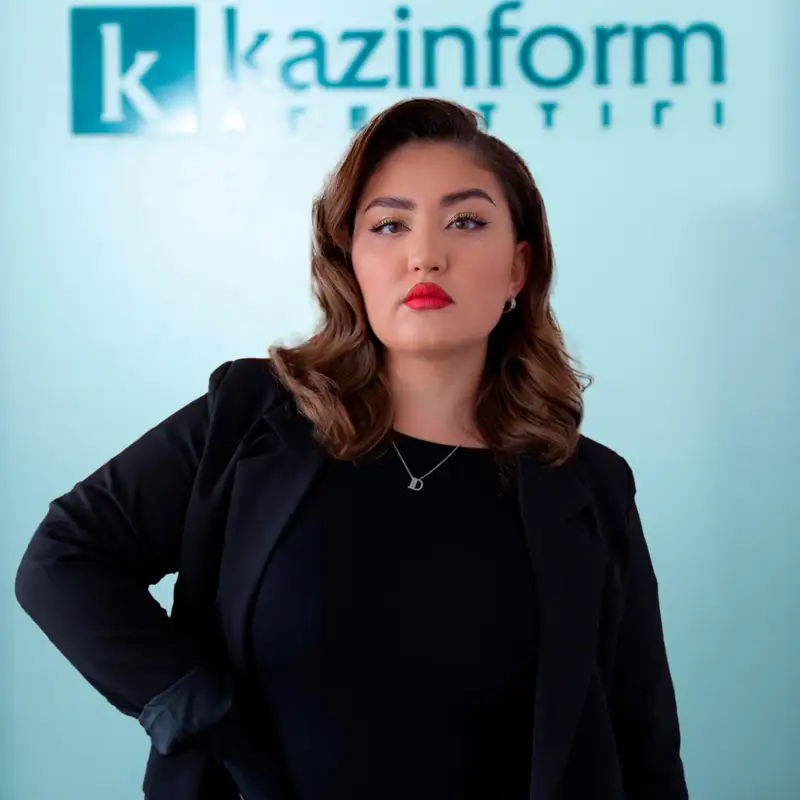Finland and Kazakhstan have a role to play — President Alexander Stubb on middle powers in fostering global stability
As Finland looks to strengthen its engagement with Central Asia, President Alexander Stubb shared his views with Kazinform News Agency during an official visit to Astana. In an exclusive interview, he discussed prospects for expanding cooperation in geology, transport, and innovative technologies, while also addressing the role of middle-power states in fostering global stability.

Mr. President, this is your third visit to Kazakhstan, but your first in the capacity of the Head of State. Yesterday, you held a number of meetings with Kazakhstani officials, including President Tokayev himself. With this in mind, how do you assess Kazakhstan’s strategic significance for Finland and the European Union within the Central Asian region?
— I think it's extremely important for many reasons. One, you have a long border with Russia, over 7,000 kilometers, you have a long border with China, and you have an important role to play in Central Asia. That means that when we get an insight and an analysis from someone like President Tokayev, it's very useful for us.
In that sense, it's good to nurture both the bilateral relationship between Finland and Kazakhstan, but then also, of course, a relationship whereby I can bring some messages from President Tokayev to my European friends and colleagues.
Staying within the topic of cooperation and politics, it is important to address the current geopolitical landscape. Additionally, considering that both Finland and Kazakhstan are regarded as middle powers, how do you view their role in promoting global stability and fostering constructive dialogue between East and West? And how would you assess the prospects for strengthening bilateral relations between Finland and Kazakhstan in this context?
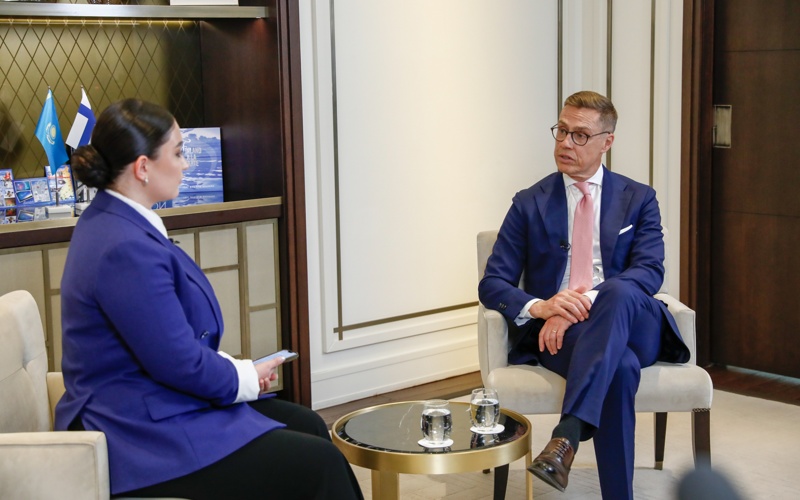
— I think foreign policy is always based on three pillars, values, interests, and power. Middle powers or small powers like Finland and Kazakhstan, we have both values and interests, but we have limited power. That's for the big players usually, so we can pretty much be in the back office.
We can mediate, we can discuss, we can relay messages. For instance, President Tokayev is going to the White House next week. Right after that, he's going to the Kremlin. It's a great opportunity for him to get the latest information from both President Trump and President Putin, and then perhaps relay that information to other players.
I do think that we both, Finland and Kazakhstan, have a role to play.
Allow me to move on to the topic of the economy. The European Union has recently intensified its engagement with Central Asia. From your perspective, what role can Kazakhstan play in advancing energy and transport connectivity between Europe and the region?
— It plays an important role, and let me just dissect it into two points. The first one is that Kazakhstan's biggest trading partner is the European Union, over €50 billion per year. Only second is China, and only third is Russia, so the link and interdependence between Kazakhstan and the European Union are important.
Secondly, now that Europe is detaching itself from Russian energy, both liquefied gas, LNG, and oil, we have reduced it over 80%, we need alternative sources of energy. That's where Kazakhstan comes into play as an important player.
Building on this broader regional cooperation, I would like to turn to the bilateral level and discuss the joint geology initiative currently underway between Kazakhstan and Finland, which reflects Finland’s global leadership in this field. What other areas of Finnish expertise do you believe could further contribute to deepening cooperation between our countries?
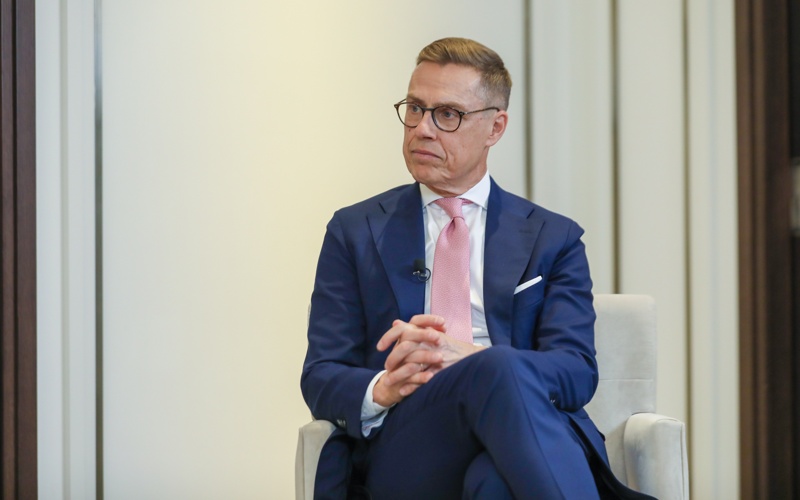
— Just to piggyback on the issue of geology, of course, Kazakhstan has something like 21 out of 34 of the critical minerals that the European Union has defined. Finland has 14 out of 34. And on the geology side, we have an institution, GRK, which does a lot of the quality assessment. I think cooperation in that field is good.
The second thing is slightly different, which is quantum computing, which basically provides for the bloodline or the nervous system of artificial intelligence. Finland has a lot of knowledge and know-how in quantum computing.
On the hardware side, it has two of the biggest and most respected quantum companies in the form of IQM. Then on the software side, it's a lot of know-how. I think there's a lot of cooperation that we can do there when we build supercomputers, which we have done already in Finland. Of course, you have the biggest supercomputer in Central Asia.
Finally, considering Finland’s stable business environment and innovative strengths in green technologies, digitalization, and logistics, do you observe growing interest from Finnish companies in Kazakhstan, and what additional sectors, beyond those already mentioned, could serve as key drivers for future investment cooperation?
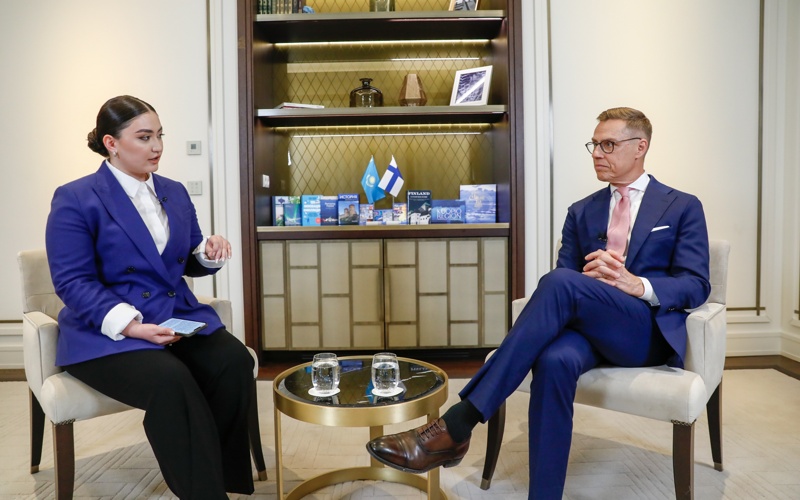
— By definition there is interest, otherwise I would not have 20 Finnish companies here this week. They're all big companies that deal with a wide range of issues from energy to technology to agriculture to food and many other things, machinery among others.
I'm always very reluctant as a head of state to give advice to businesses on what they should do and in which field. All we can do with President Tokayev is to open some doors and then the companies decide what is in their benefit.
Let me finalize this interview with a different, but nonetheless important question. Finland has been ranked as the world’s happiest nation for eight consecutive years. In your opinion, what are the key factors behind this consistent achievement?
— Well, I can't speak for 5.6 million Finns, but I think there are a few key elements that are important to happiness. One is this feeling of security and trust in society that we have built for over centuries. The second one is a very close relationship to nature. You know, we love our forests and lakes and archipelago and Lapland and many other things.
I think people like that part of human nature. The third issue, which I think is very important, is education. With that openness and curiosity, a will to understand what's going on in the world. I think those are the three basic elements of happiness.
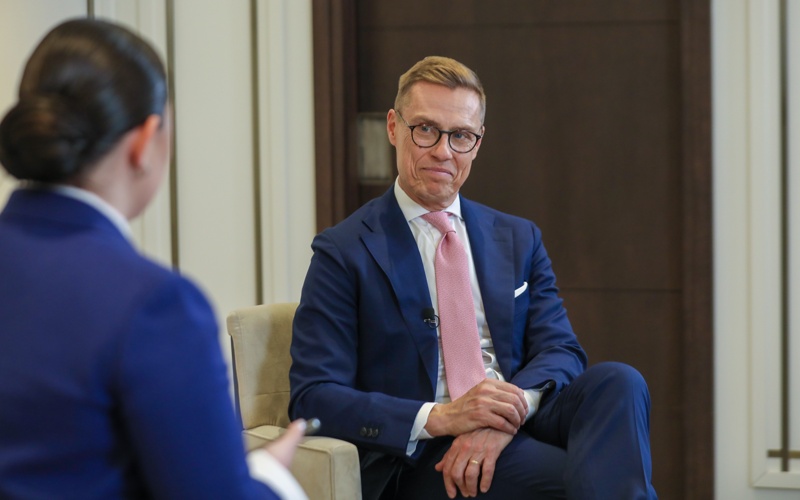
Earlier, Kazinform reported on why Finland sees Kazakhstan as a reliable partner and on how President Kassym-Jomart Tokayev hosted his Finnish counterpart Alexander Stubb at the Akorda presidential residence.
